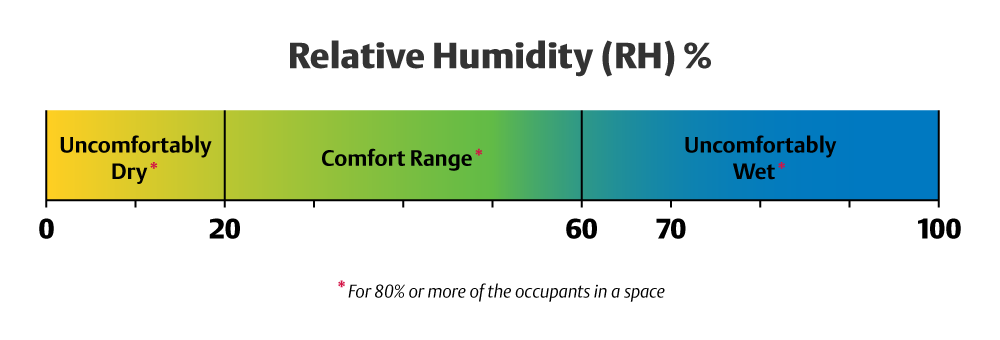 Prevent and Reduce Condensation on Your Windows
Prevent and Reduce Condensation on Your Windows
Posted on Thursday, December 8, 2022
Categories:
Windows & Doors
|
Ventilation
Have you wondered why there is condensation forming on your window or patio door glass? That's one of the most common questions customers ask after having new windows installed... and most common misconception as to why. There's nothing wrong with the windows or doors. They're doing exactly what they are supposed to do. When the home is sealed up tight to prevent energy loss from heating and cooling, the home also seals in a lot of moisture.
Condensation appears when warm, moist air comes into contact with cooler surfaces, like your window glass on a cold winter’s day. And, while condensation is most common during the winter, it can happen whenever the water vapor in warm air contacts a colder surface: think about your iced tea glass on a hot summer’s day. The glass is (refreshingly) chilly; the air is warm and humid. When the two meet, condensation forms on the outside of the glass.
So, the water you’re seeing isn’t unusual. Condensation will appear from time to time on even the best-performing windows—in fact, it’s often noticed more on high-quality windows because of their energy efficiency.
Everyday living, down to the simple act of inhaling and exhaling, generates a surprising amount of indoor moisture. If you cook three meals a day, you’re adding four or five pints of water into the air. Every shower someone in the household takes is another half-pint (more if you live with teenagers!). In short, every activity that uses water adds moisture.
Condensation on the inside of your windows is a by-product of excess humidity in the house. And while some humidity is good, and can make things more comfortable, tame static electricity in carpet, and prevent wood furniture/fixtures from shrinking and cracking, excessive humidity can cause problems in your home.
A good rule of thumb (especially if you live somewhere where the winters are typically very cold), is to maintain as high a level of humidity as you need for comfort, taking steps to lower it if you see signs of condensation on the windows. This can be as easy as turning off the humidifier (if you are running one).
Persistent condensation problems on windows and doors, mold on ceilings or walls, and musty odors are all signs of moisture-related problems in the home. These problems are not only annoying, but can cause extensive damage to your home and windows and doors if not remedied.

Every homeowner should own a hygrometer that measures temperature and relative humidity (RH). The ideal relative humidity for health and comfort is about 40–50%. In the winter months, it may have to be lower than 40% RH to avoid condensation on the windows.

Steps you can take to reduce indoor relative humidity include:
- Run exhaust fans in the kitchen while cooking and in the bathroom while showering or bathing. Leave running for 15-20 minutes after you're finished or until the bathroom mirror glass clears.
- Vent all gas appliances, clothes dryers, and exhaust fans, to the outside.
- Avoid storing firewood in your home.
- Limit houseplants and aquariums. If you have houseplants, try and keep them in a single sunny room and do not over-water.
- Open blinds and drapes to increase air flow over the surface of the glass.
- Operate ceiling fans to improve air circulation.
- Raise the air temperature of the home. Turning the heat up will decrease relative humidity.
- Ensure proper ventilation of attic and crawlspace.
- Cover the earth/dirt floor in your crawlspace with a good vapor barrier.
Tagged:windows, doors, energy efficiency, condensation, humidity, ventilation